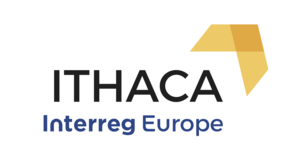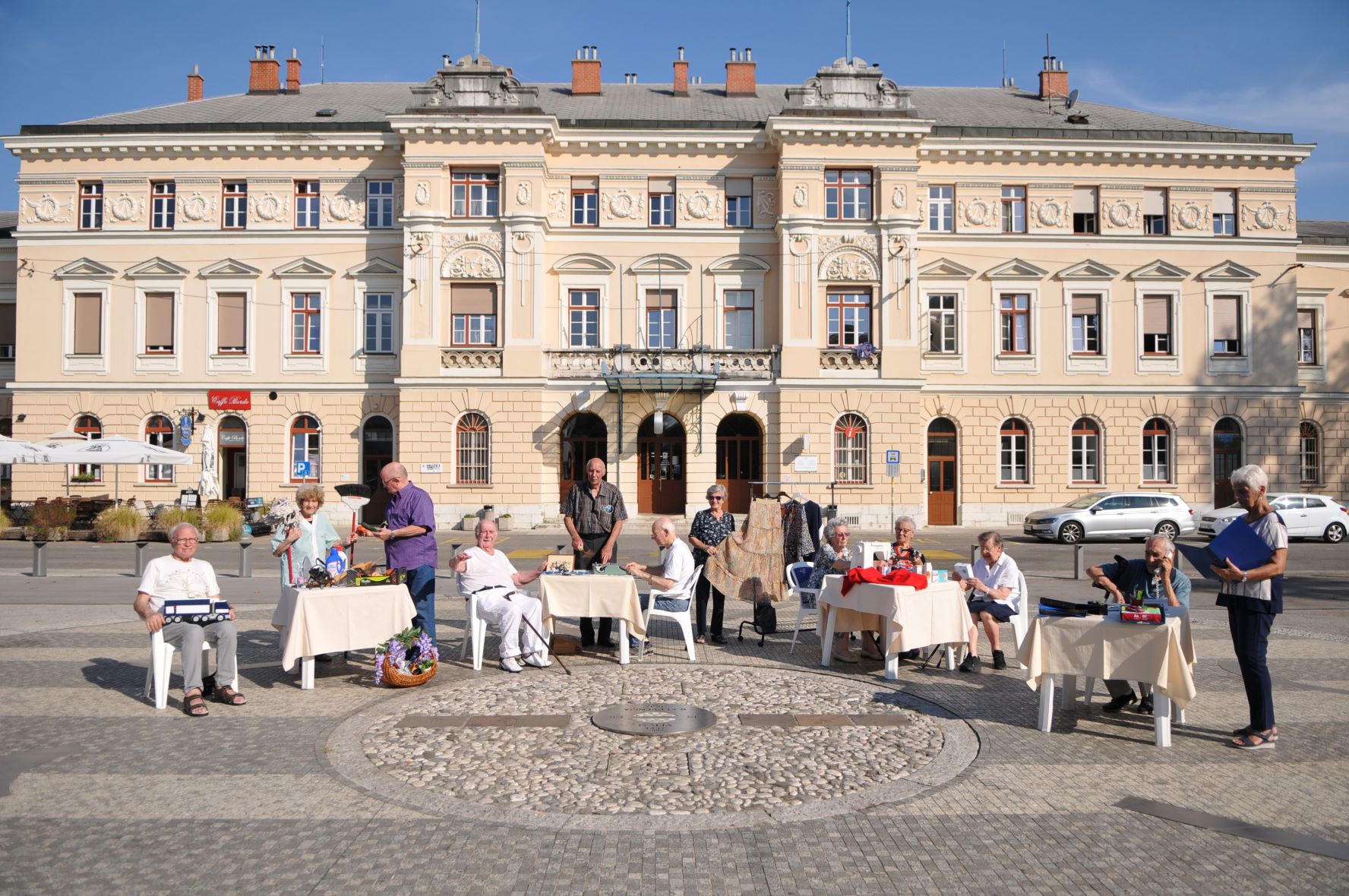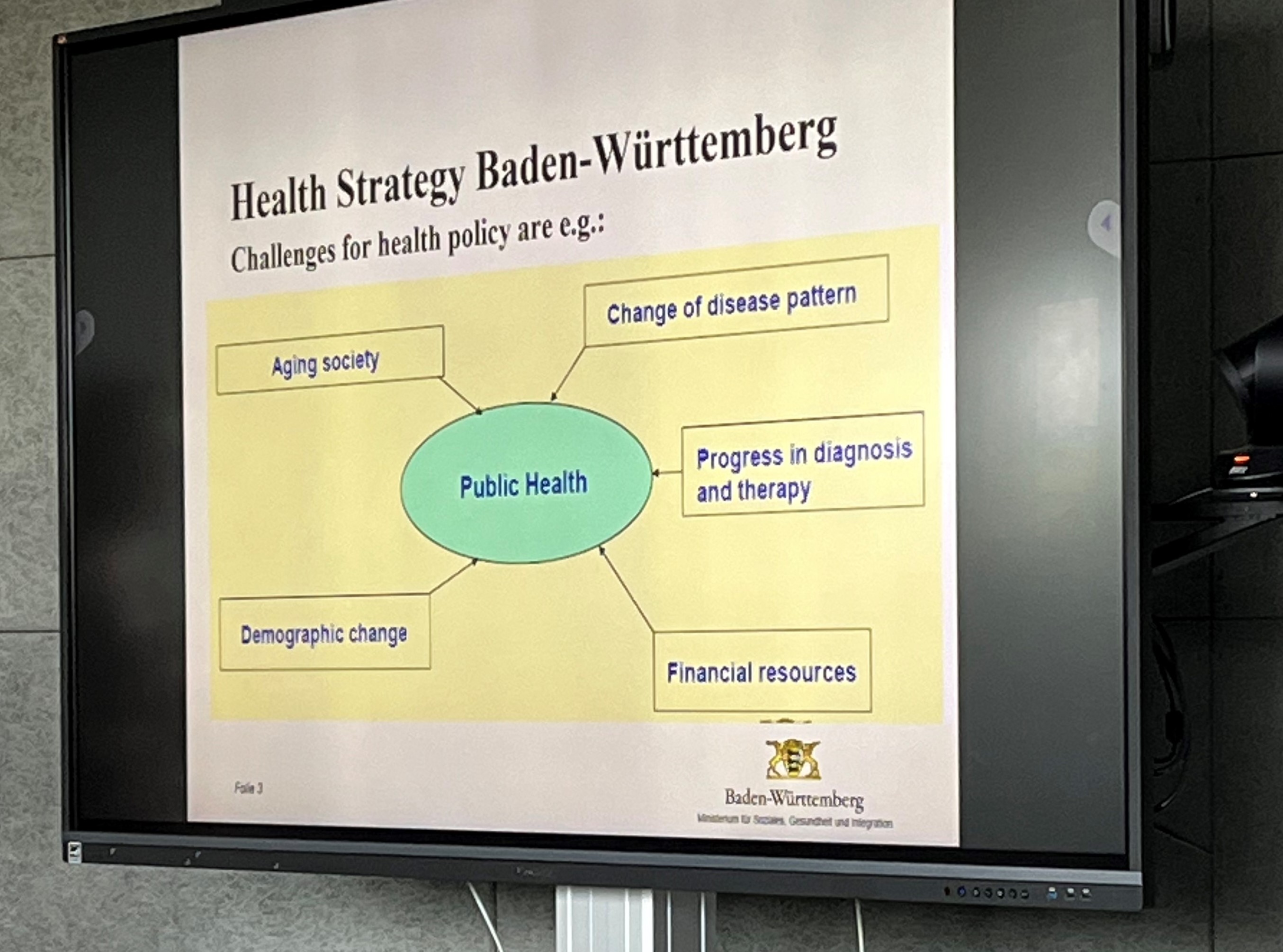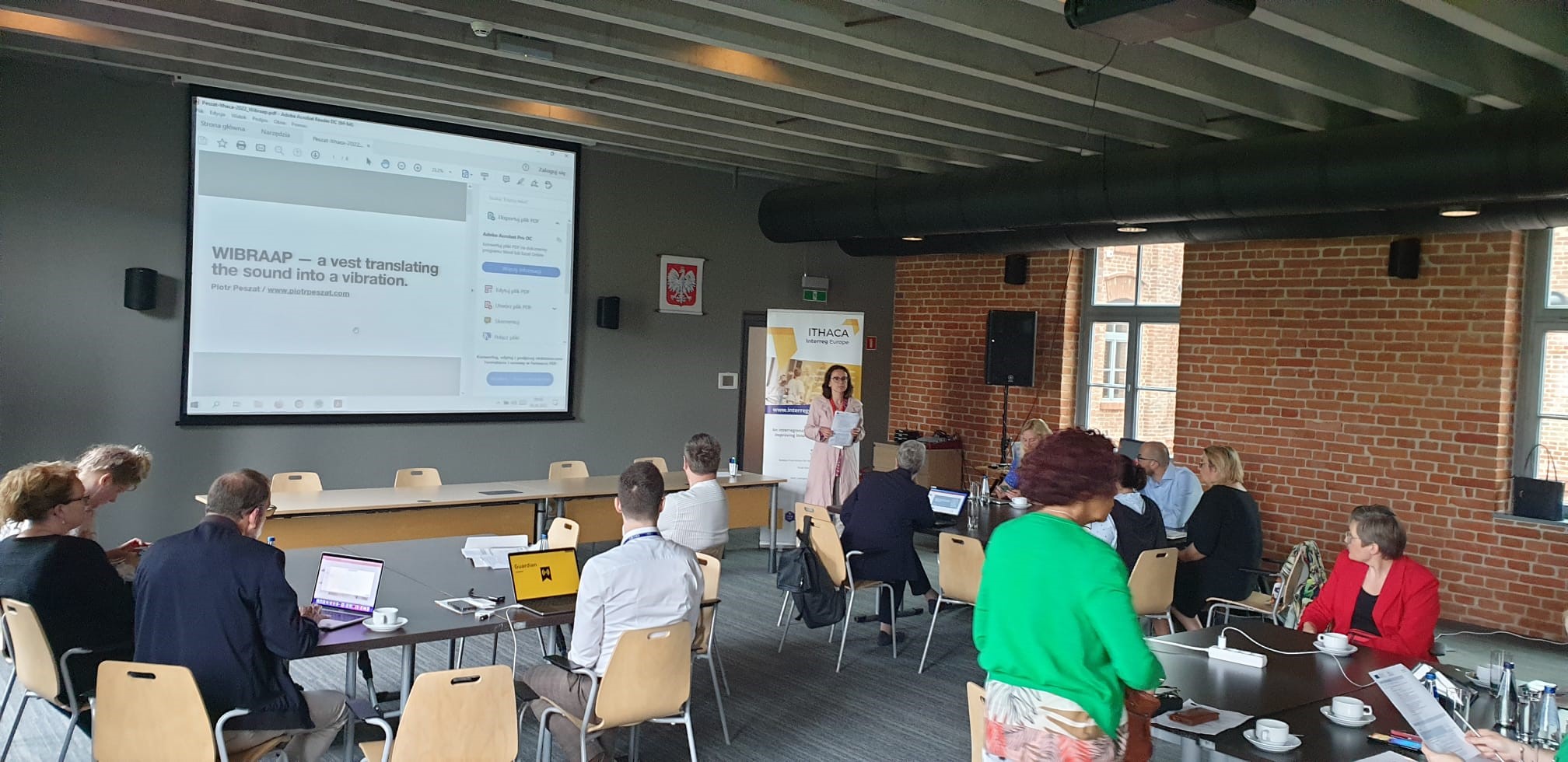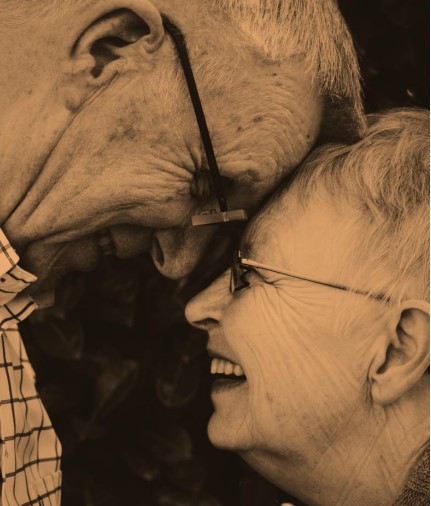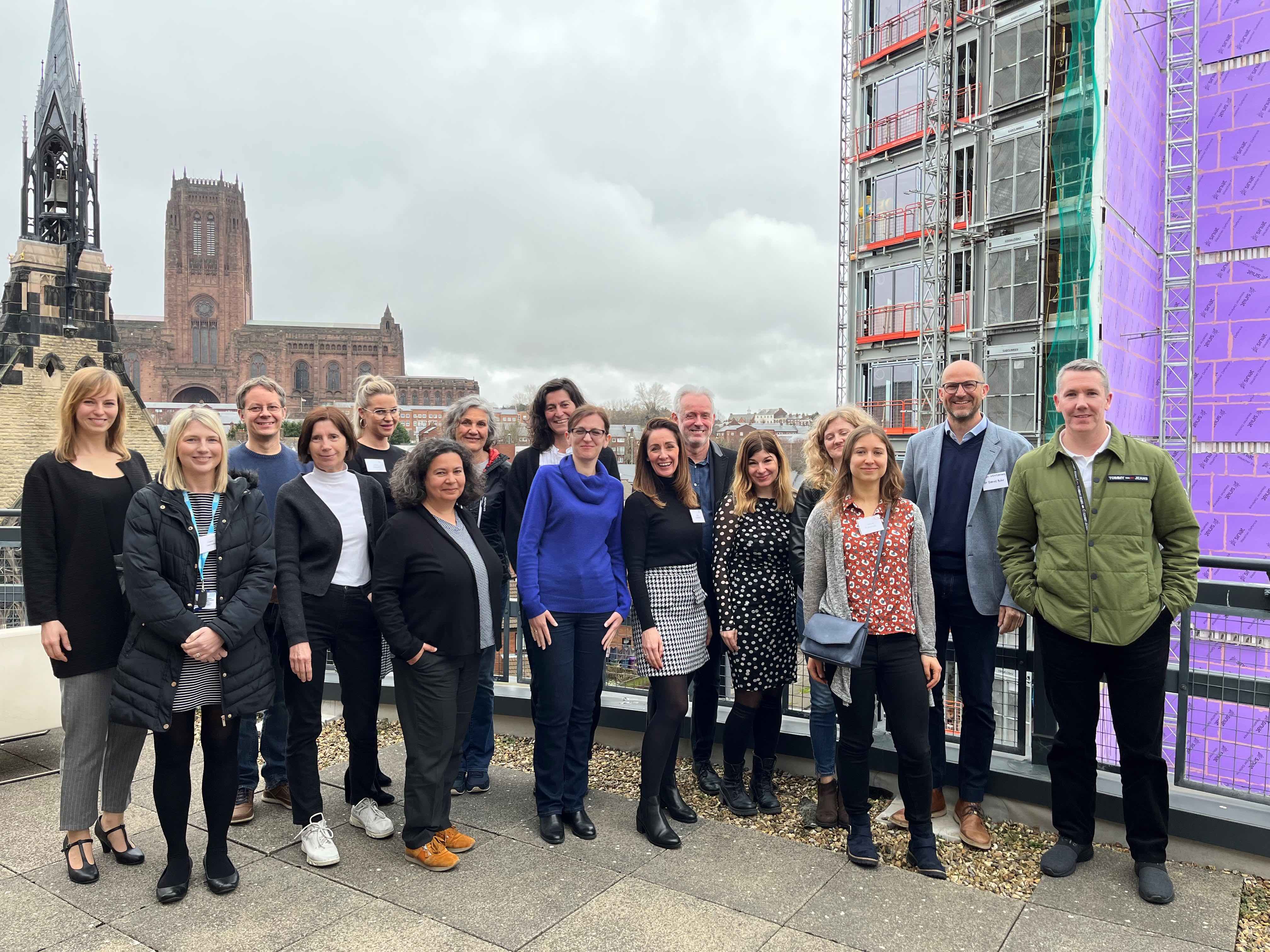Expectations were high but so was the scepticism when Region Zealand and Odsherred Municipality initiated the telemedicine project PreCare along with the staff of Holbaek Hospital in the region. Equipped with a tablet, emergency medicine and measuring equipment in relation to their diagnosis or diagnoses, COPD-patients were to monitor their condition and enter the measurements onto a programme on the tablet via an app.
- It requires a certain level of computer literacy and the patients being sufficiently active. We thought it would be a problem at first, but it has actually turned out that they have become far more involved in their own case. They take on responsibility rather than just sitting passively and listening to what they have to do, says project manager Erik Brander.
One-third of the Danish population is diagnosed with one or more chronic diseases. Since Region Zealand covers a big area, this often means long travel distances with absence from work and family for patients who are regularly in contact with the health systems, and high travel costs for the region when a patient is scheduled for a consultation or is hospitalized.
Heavily inspired by the facility in Liverpool ‘Technology Supported Health Service for COPD, heart failure and asthma’ that Region Zealand’s delegation was introduced to during the very first EEPE held by ITHACA, the COPD-patients have video consultations with a nurse, sometimes a doctor if necessary. In addition, the measurements provided are continuously monitored by the nurse.
Learn more about PreCare (danish)
However, as a stepping stone to PreCare the Liverpool project first provided inspiration in Region Zealand for the establishment of a virtual outpatient clinic linked to a joint medical outpatient clinic at Region Zealand’s hospital in Holbaek. This facility involved a radical redesign of the approach to deal with patients in medical outpatient clinics within pulmonary and cardiological specialities. Building on the successful implementation of this virtual consultations concept, the more wide-ranging PreCare project was initiated.
The PreCare project allows for that prevention, treatment and follow-up can take place in the comfort of the patient’s own home. The health professionals can easily follow the development of the patient’s condition and act very quickly on changes for the worse. With a simple phone call, the patient can be motivated to exercise more, eat healthier or be reminded to take the medicine before the condition becomes critical.
- Because the patient and the health professional are in much closer contact, we can avoid hospitalizations at the level that used to be necessary. In Odsherred Municipality they have been very fond of the project. Partly because they are now working closely together with their citizens, partly because they have saved some resources and can use the ones they have better, says Erik Brander.
So far, the project only involves COPD-patients but it is the plan to involve more patient groups such as patients with heart failure as soon as possible because they have many characteristics and challenges in common.
PreCare is modelled on the so-called Epital Care Model, which is a new person-centred model of technology-enabled integrated care for people with long-term conditions. The project also pilots new financing models including Value-Based Payment and Bundled Care.
The experience from PreCare is being used to develop an e-hospital concept for the whole region to make greater use of telecommunication solutions to further collaboration between patients, hospitals, municipality as a third party and general practitioners.
